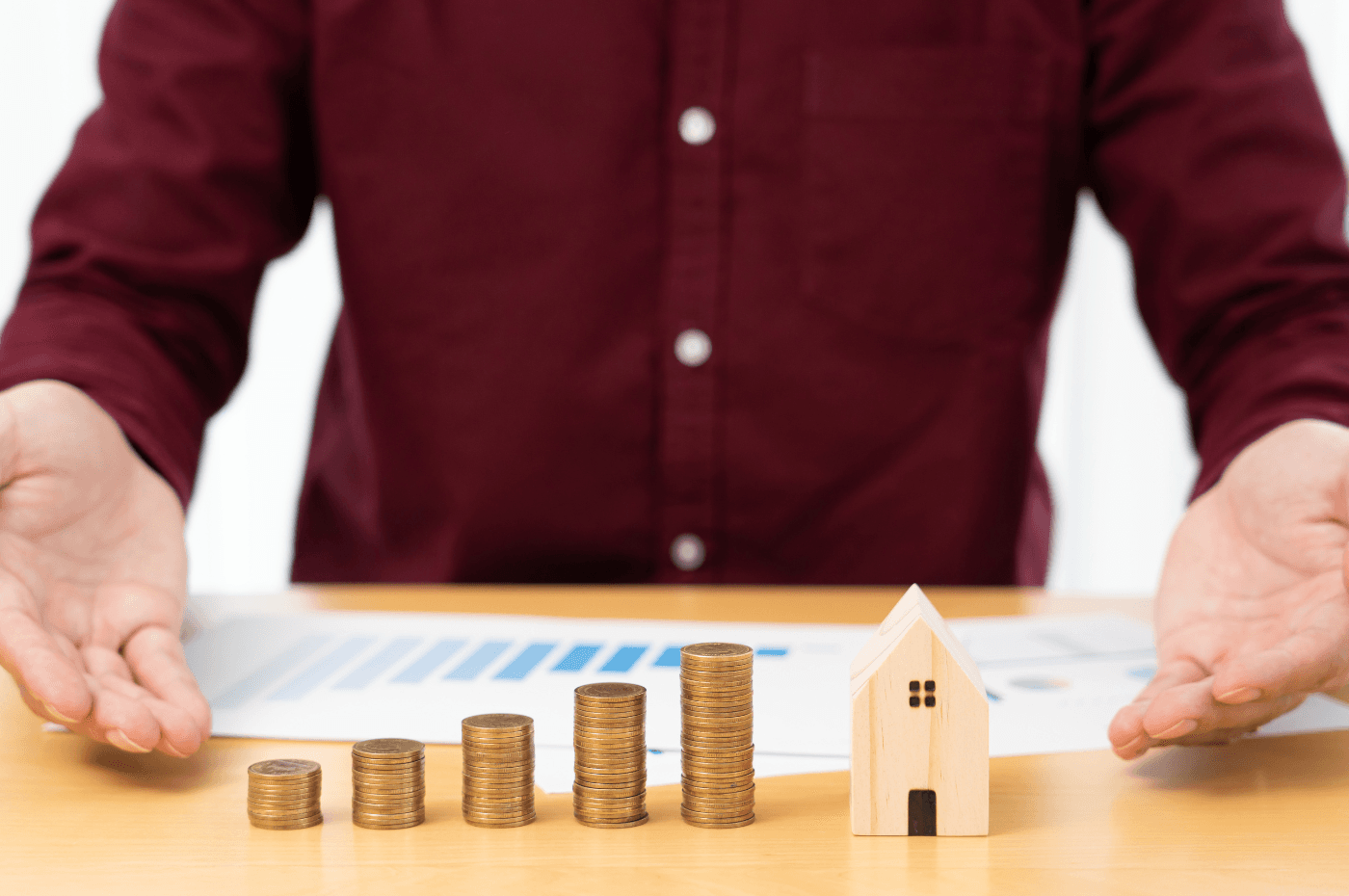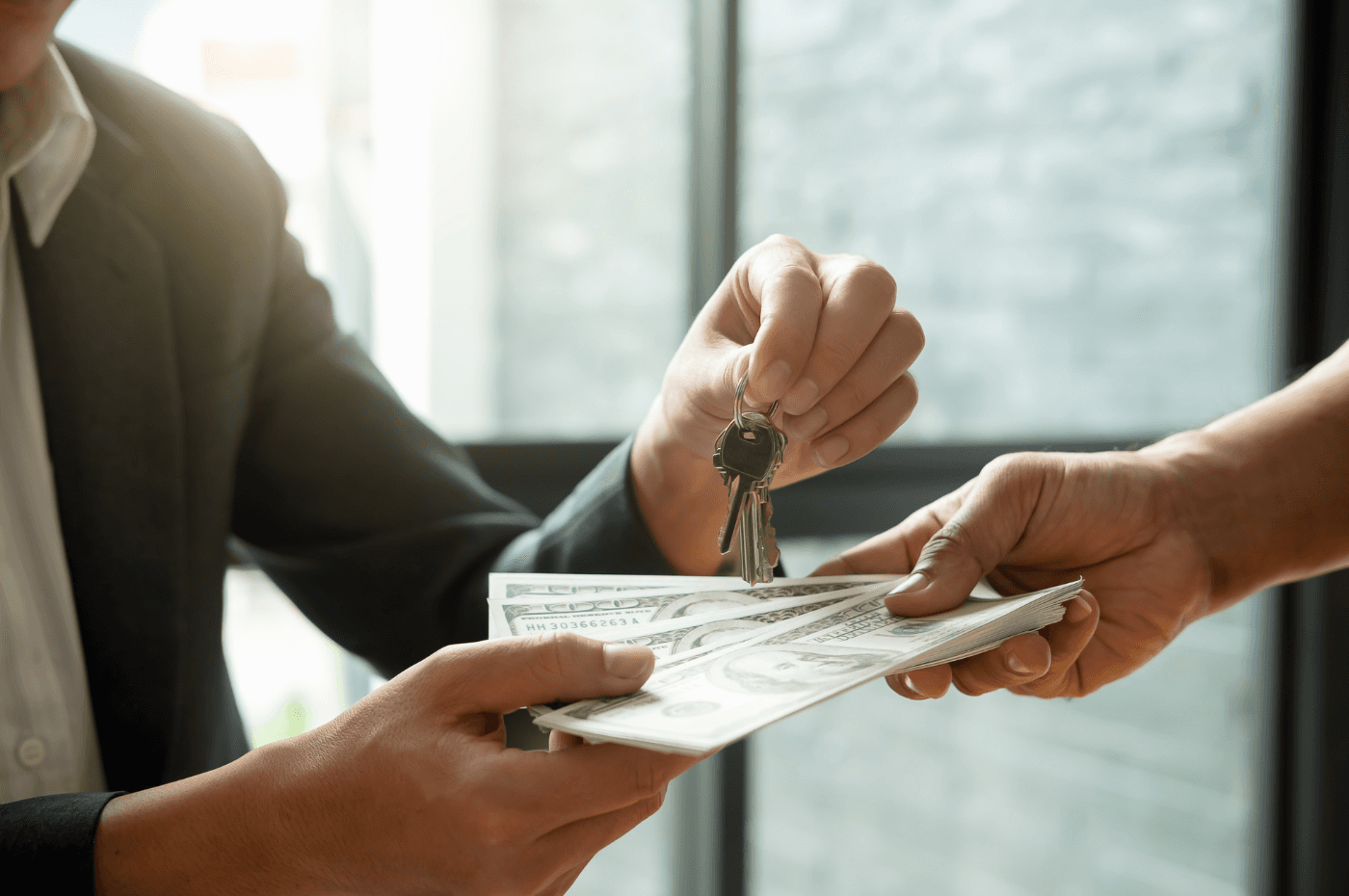When it comes time to determine the value of a property, several factors must be considered. Some of these elements have a significant impact and can influence the property’s value either positively or negatively.
Due to their importance, it’s crucial to understand these various factors, especially when determining the optimal selling price of your property.
What makes a home’s price go up or down?
First, it’s important to understand that there is no single fixed value for your home. Real estate is not an exact science, and there is no definitive method to establish a property’s price.
Here are some of the most influential elements affecting your home’s value.
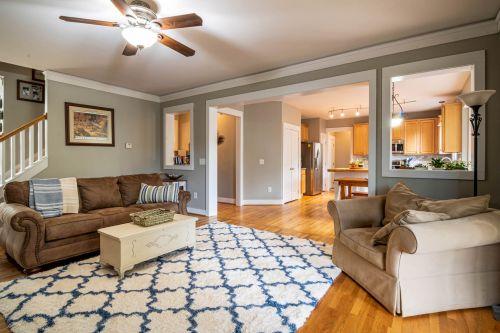
Location, location, location
The region, city, area, and neighbourhood where a property is located all play a role in its resale value. Homes in remote areas, for instance, tend to be less expensive than those located near major cities or popular suburbs.
Certain cities are also more sought after than others, which can drive up a property’s value due to lower inventory and higher demand. Significant price differences can even be observed between two neighbourhoods in the same city.
For example, consider the difference in property values between the Plateau and Parc-Extension areas in Montréal. Location is therefore one of the primary criteria to assess when determining a property’s value. In general, properties located in high-demand neighbourhoods are those that will retain their value over time.
Quiet areas with scenic views, green spaces, and easy access to shops and public transit tend to be the most sought after.
Type of property
Is your home a semi-detached house? A single-family or multigenerational home? A multiplex or a condo?
The category of your property has a strong influence on its resale value. For instance, single-family homes are typically more expensive than semi-detached ones, not only because they are more desirable but also because they often offer more space.
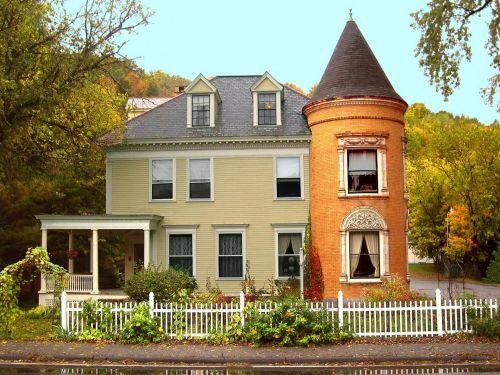
Lot size and room layout
The size of the house and its lot is another key criterion for determining value. A large home on a spacious lot is generally worth more than a smaller house on a tight parcel. But square footage isn’t the only factor.
The layout of the home also matters. The way rooms and hallways are arranged can make a significant difference between two homes of equal size. A well-laid-out home can feel more spacious than a poorly designed one.
The number and type of rooms also count. A house with five bedrooms but only one bathroom might lose value, as most buyers expect at least two bathrooms in such cases.
Additional features
Additional features or luxury elements can also increase a home’s value. A garage, swimming pool, wine cellar, etc., are all considered value-boosting elements.
The quality of construction and finishing materials also plays a role. High-end materials enhance both the durability and visual appeal of a property.
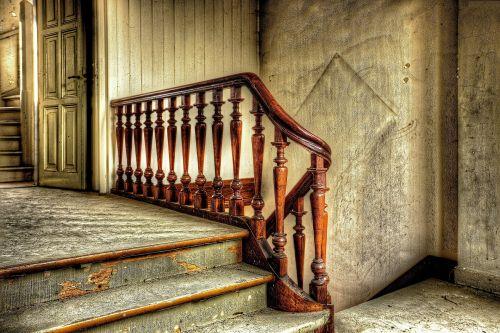
General condition of the property
Even if a property is large and located in a desirable neighbourhood, it will lose value if its general condition is not up to par.
If major renovations or numerous repairs are required, the seller will need to lower the asking price to attract buyers, as few are willing to purchase a home in poor condition. Minor cosmetic improvements, however, typically do not reduce the home’s value.
A property’s overall condition is often tied to its construction year. Real estate ages and deteriorates over time, particularly if not properly maintained.
Deterioration may show up in the following elements:
-
Overall structure
-
Insulation
-
Roof
-
Electrical system
-
Heating system
These potential repair costs can deter buyers and reduce the property’s value compared to a well-maintained home.
Renovations: their effect on property value
To counter the effects of aging and wear, repairs and renovations are often necessary.
Renovations are widely recognized as a highly effective way to increase a property’s value in the short, medium, or long-term. If you plan to sell soon, making targeted improvements can help boost your selling price.
That said, not all renovations offer the same return. Kitchen and bathroom upgrades typically provide the greatest added value during a real estate transaction.

Market comparables: a reliable tool for valuation
Widely used by real estate professionals, the comparable sales method involves assessing a property based on recent sales of similar homes in the same area. It’s a reliable way to understand market conditions.
This comparison should include recent sale prices of nearby similar properties and take into account current listings competing with the property in question.
A real estate broker with in-depth knowledge of your area can be a valuable ally when trying to determine the ideal sale price for your property.
Do a garage or a pool increase a home’s value?
Yes, a garage or pool can increase a home’s value. These are features that some buyers actively seek. However, their impact varies depending on various factors.
A garage, whether for parking or extra storage, generally adds value. The extent of the increase depends on its size, materials used, and whether it is attached to the home.
A swimming pool, on the other hand, is less clear-cut. While some see it as a benefit, others view it as a burden due to maintenance costs. As a result, a pool might not significantly increase a home’s value or could even deter some buyers.
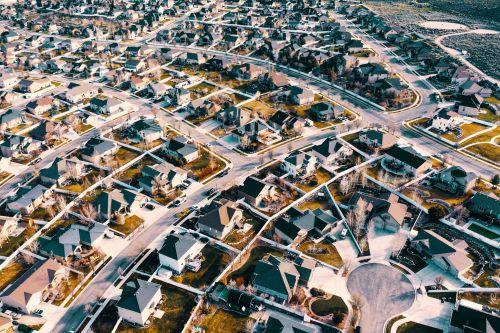
Final considerations when valuing your property
Two particular notions often come up: emotional value and municipal assessment.
Should sentimental value be considered?
In short, no. Whether in real estate or any other market, emotional attachment should not factor into a property’s price.
The value should be established objectively, based on the criteria listed above. Letting emotions drive pricing decisions often results in overvaluation and deters serious buyers, prolonging the sale process unnecessarily.
Municipal assessment vs. market value
The municipal assessment should not be used as the basis for determining your home’s true market value. This assessment, carried out every three years, does not reflect real-time market fluctuations. Its purpose is purely to establish your annual municipal tax rate.
It’s also a myth that listing your home at 1.5 times its municipal evaluation is an accurate strategy. The ratio can vary widely depending on location, property type, condition, and other factors.
Need an appraiser to evaluate your property’s market value?
XpertSource.com can help you find a certified appraiser or a real estate broker. When you tell us about your project, we put you in touch with qualified resources for FREE. Simply fill out our form ( it only takes a few minutes ) and we will connect you with professionals.

